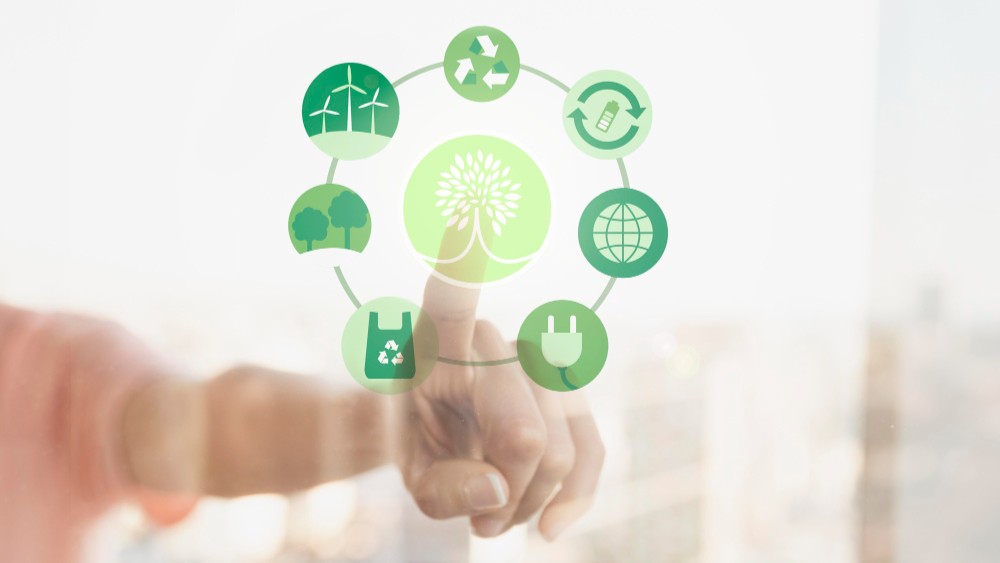
Why Net Zero Is a Strategic Business Imperative
When sustainable commitments become boardroom priorities, they’re no longer just feel-good statements—they’re powerful business levers. Companies that embrace Net Zero early often find themselves saving on costs, reducing risks, and standing out in crowded markets. In this article, we draw on ...
Read more



















